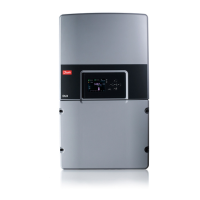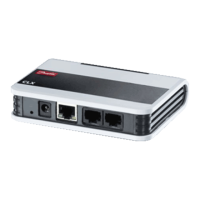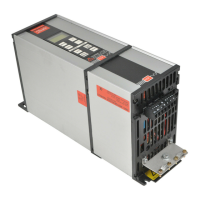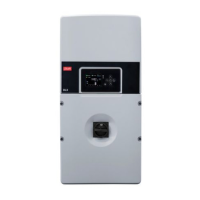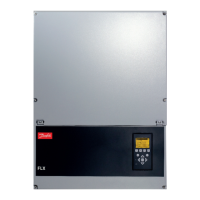Do you have a question about the Danfoss TripleLynx and is the answer not in the manual?
Details crucial safety guidelines for personnel installing and servicing inverters, emphasizing training and awareness of hazards.
Highlights the dangers associated with high DC voltages and potential arcing in photovoltaic systems.
Explains the function of the integrated PV load switch for safe DC current disconnection.
Lists the approvals and certifications, including CE marking, demonstrating compliance with relevant directives and standards.
Provides an overview of the manual's purpose and scope, introducing the TripleLynx solar inverter.
Outlines the chronological steps required for the complete installation and setup of the inverter.
Presents a visual guide to the inverter's components, connections, and external features.
Specifies physical dimensions, mounting requirements, and spacing guidelines for installing the inverter.
Details the procedure for securely attaching the inverter to the wall mounting bracket, emphasizing safety precautions.
Provides step-by-step instructions for safely detaching the inverter from its installed position.
Guides users on how to safely open and close the inverter's front cover, including ESD precautions.
Explains the process of connecting the inverter to the AC power grid, including cable preparation and terminal block connections.
Details how to connect the photovoltaic array to the inverter, emphasizing polarity and voltage checks.
Describes the available ports and connections for auxiliary sensors, communication, and relay outputs.
Outlines the steps to initiate and perform an automatic self-test of the inverter for Italian installations.
Covers the initial power-up sequence, including language, time, date, and grid code configuration.
Points to the TLX Reference Manual for detailed troubleshooting information and solutions.
Explains the Master Mode functionality for network management and data collection from multiple inverters.
Presents comprehensive technical specifications, performance data, and operational parameters for the inverter series.
Lists the applicable norms, directives, and standards to which the inverter complies.
Specifies environmental conditions, mounting considerations, and installation constraints for optimal performance.
Details the specifications for AC and DC cables, including length, gauge, and loss considerations.
Provides precise torque values for tightening all screws and terminal connections during installation.
Defines the maximum inverter current and recommended fuse types for AC grid connection.
Details the technical specifications for various auxiliary interfaces like RS485, Ethernet, and sensor inputs.
Provides pinout diagrams and connection instructions for RS485 and Ethernet communication ports.
